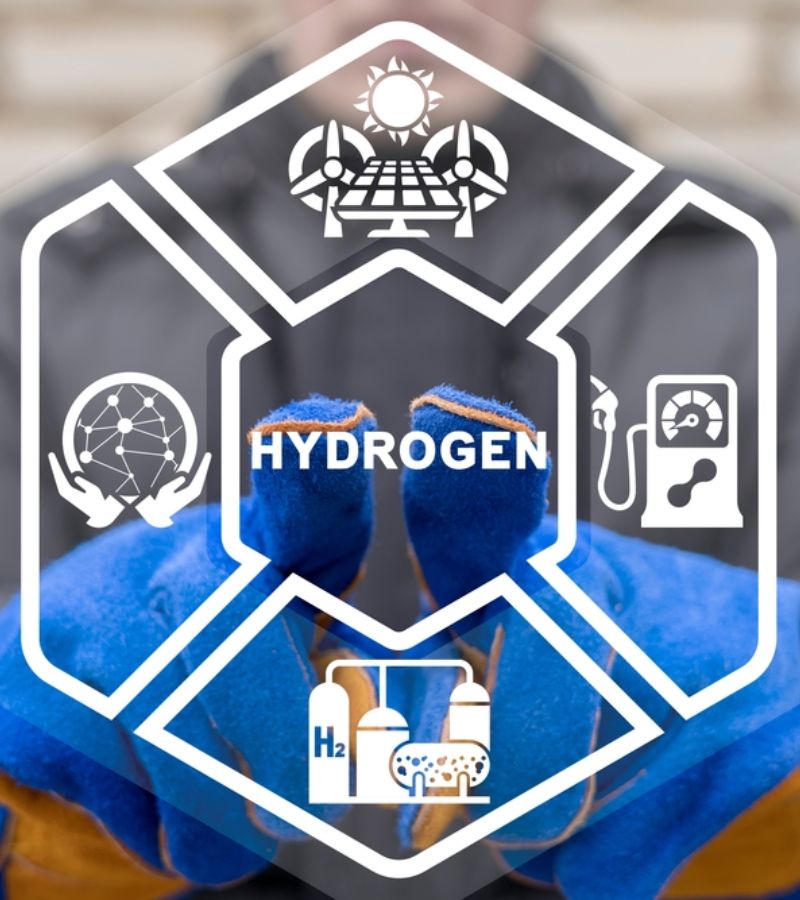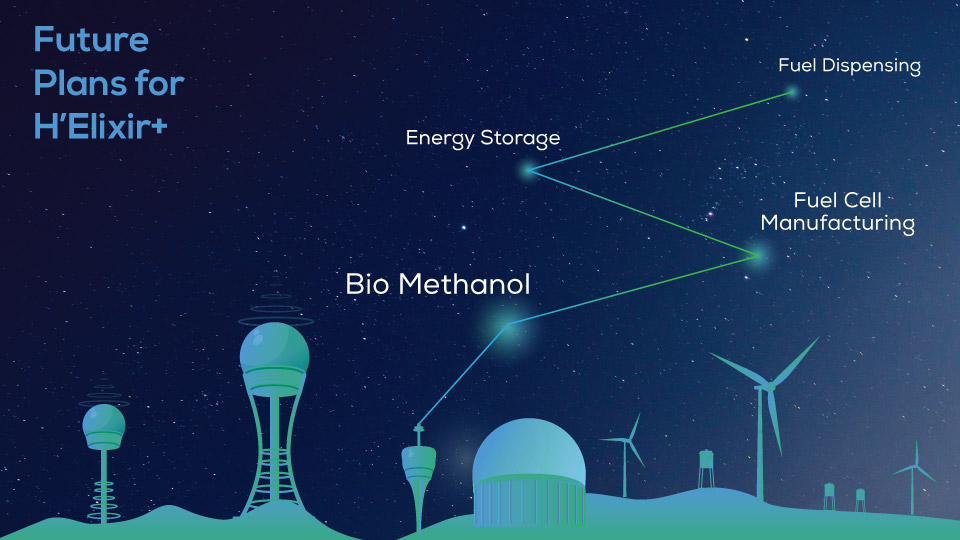Why is Hydrogen Energy
Why is Hydrogen Energy Preferred
Preferred
Hydrogen energy is favoured for its potential to tackle energy and environmental challenges

At the forefront of the hydrogen energy revolution, Helixir Plus stands as a trailblazer in the realm of eco-friendly energy solutions. Our cutting-edge technologies pave the way for state-of-the-art hydrogen production methods, offering a reliable and environmentally conscious source of energy that significantly mitigates carbon footprints.
Hydrogen has become the buzzword in discussions about energy, and with good reason. It serves as a catalyst for accelerating the energy transition, propelling us towards a sustainable future.
Historically, hydrogen has been primarily utilized in the production of ammonia for the fertilizer industry and in refining petroleum products, including the desulfurization of fuels. Additionally, it finds applications in manufacturing electronic components and serves as a propellant for rockets.
At the forefront of the hydrogen energy revolution, Helixir Plus stands as a trailblazer in the realm of eco-friendly energy solutions. Our cutting-edge technologies pave the way for state-of-the-art hydrogen production methods, offering a reliable and environmentally conscious source of energy that significantly mitigates carbon footprints.
Hydrogen has become the buzzword in discussions about energy, and with good reason. It serves as a catalyst for accelerating the energy transition, propelling us towards a sustainable future.


Frequently Asked Questions (FAQ)- Hydrogen Energy
2. How is hydrogen produced for energy purposes?
Hydrogen can be produced through different methods, such as electrolysis, where water is split into hydrogen and oxygen using an electric current, or by reforming natural gas. Additionally, hydrogen can be produced from renewable sources, like wind or solar power, ensuring a green and sustainable energy supply.
5. How does hydrogen compare to other energy sources like fossil fuels?












